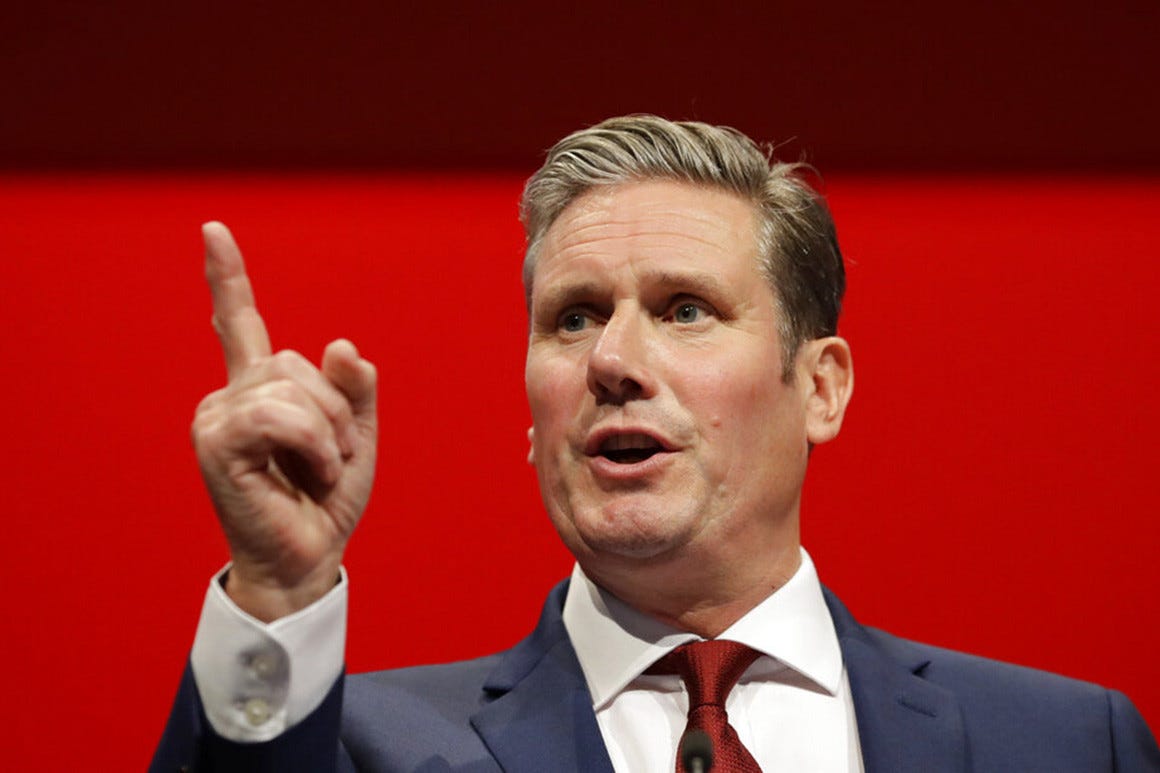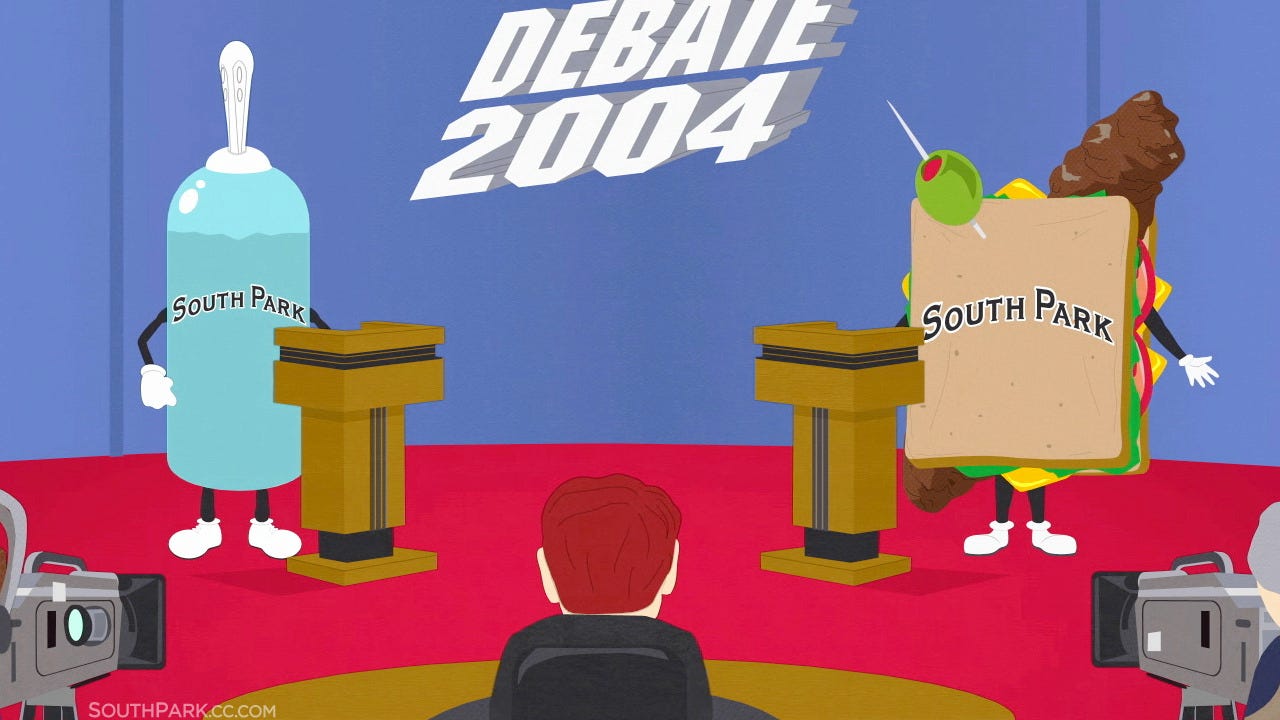I was, once upon a time, a fan of first-past-the-post (FPTP). Strong government, our history – all that jazz. My scepticism has grown as of late, however. This doesn’t mean that I’ve become a sold-up, proportional representation (PR)-supporting pinko; it’s just that I suspect that the electoral system might make less difference than the boffins of political science might like to imagine.
The erudite Taz has argued FPTP is the system we of a conservative bent should gather round. He describes foolish political decisions undertaken amid the context of PR’s overpowering of smaller, often bat-faeces crazy parties.
The Grünen – the dastardly Greens of Germany – were lent influence through PR far in excess of the proportion of their seats in the Bundestag. Subsequently, they pushed for artificially short limits on the lifespan of Deutschland’s nuclear power stations and the banning of the construction of future ones. Given the vantage point of 2024 – with Germany de-industrialising apace – it is easy to see the obvious folly in such determinations.
Yet, I am wary of using any political decision in Germany to prove a point, given how morally and ideologically neutered the nation is after twelve years of well-dressed tyranny. Moreover, given the prevalence of eco-lunacy in the Bundesrepublik I doubt it was a hugely unpopular decision: this is a country in which the anti-nuclear-power symbol reading Atomkraft? Nein danke has virtually universal recognition. It takes time for idiotic eco-chickens to come home to roost.
More crucially, however, there merest glance at our own ‘environmental policy’ (rather, enviro-communism) should put paid to assumptions that such idiocy can only come about amid the weakness of proportional representation and the bargaining that ensues any election conducted according to its mechanisms.
The very strong, very stable Theresa May, after all – followed by her equally incompetent successors – signed us up to the calamity of Net Zero. In parliamentary terms, the German example resulted from the over-empowerment of a loony minority, the British from the absolute power of a dangerously stupid majority.
Pick your poison: the result is the same.
In our own blighted experience, our FPTP system has resulted in the complete fossilisation of politics, allowing ideological copycats to sit across from each other in the Commons knowing that they will not be turfed out any time soon, barring historical upheavals (fingers crossed). Let us not forget the salient fact that UKIP won 12.6% of the popular vote in 2016 in return for not a solitary Member of Parliament. Compare this in 2024 to Labour’s 33.7% of the vote on a 67.3% turn out in return for 411 seats.
At the very least, nations in which a more proportional electoral system prevails see minority parties gaining legitimacy at the ballot box. In the run-up to our latest General Election, it was extremely easy for mainstream media to deny a platform to Reform as it did not have any MPs elected in 2019’s general election. The likes of the Green Party, Plaid Cymru and the SNP were forever given airtime, despite their limited ideological and geographical appeal. This would have been impossible had UKIP/Reform historically won anything remotely in line with what their national result might suggest appropriate.
Ostensibly highly oppositional in its nature, FPTP has also not engendered debate of any observably higher quality than takes places elsewhere. Take, for example, another primary example of FPTP: United States. It is nation whose political discourse is utterly void of intellectualism, consisting largely of old men heckling one another and reeling off a list of facts and figures with such rapidity and magnitude that the listening public has no means of grasping their significance: “We’ve saved over one thousandty jobs and $4 squillion dollars over the course eleventy months! Don’t vote for that other dolt!” As we witnessed in the run up to our own election, debate here is scarcely of higher calibre.
Another criticism levelled against a proportional electoral system is the formalising effect it would have on formalising society’s growing fragmentation, hastening the formation of parties along ethno-religious lines. No doubt, the Islamic Party of Great Britain (presumably not the UK Islamic Party: finally a UKIP the media would be terrified of attacking!) would soon form under such conditions and make its support dependent upon halal policies for the ummah (see? I’m already getting ready).
However, is this necessarily less preferable than what we have now, which established political parties being infiltrated by entryism? Witness the recent Green councillor who, upon election, cried Allahu Ackar! For me it matters little whether he is elected as a Green or for the UK Islamic Party: the end-effect is largely the same. At least with each clique’s own party the challengers to our society and culture are in plain sight, as opposed to cloaked in the political colours of a legacy political entity.
Either way, that particular cat is already out the bag, with Comrade Corbyn already taking steps to formalise his alliance of ‘pro-Gaza’ MPs.
I say all of this not because I strong endorse PR, STV, AV, or whichever other abbreviation gives you tingle of excitement, merely that any electoral system is perhaps less important than people would like to hope. In this sense, they are like constitutions: they are only as good as the paper they are written on, ultimately, for all it takes is a determined opponent to ride roughshod over it.
After all, all the hellholes of the world are examples of shining rectitude according to their intellectually conceived founding laws. The only small problem is the people in the charge. Even in the DPRK they have notional freedom of speech (Chapter 5, Article 65), but don’t expect the plebs of Pyongyang to protest loudly that Cuddly Kim needs to share a bit more of his kimchi once in a while.
It’s a bit like a car. The shape, size and configuration of the vehicle are important in deciding how fast it go and carrying what kind of load. However, it is ultimately its drivers who will determine the course it takes.
As such, we need to win people’s hearts and their minds before anything else. Discussions about electorate systems are not unimportant, but they are the wonk’s antidote, allowing them to imagine that the Herculean ordeals that lie ahead might be cured by an experts’ wave of the wand.
For proof, look at blessed Hungary of Orban fame. Their parliament is elected via two-vote positive vote transfer system, whatever that means. More crucial, however, is that the Hungarians are not cucked. Were that the case, it wouldn’t matter which voting system they had in place – they’d become another bastion of Globohomo either way. That is the root of our civilisation’s struggles.








Perhaps it's not so much a question of FPTP v other systems but a question of the character and quality of the politicians asking for our votes? E.g. actually local candidates (under the umbrella of a political party) v parachuted-in party soldiers firm in ideology but ignorant of local problems?
In any case: no need to apologise for lack of articles: you're not a robot and it's better not to write when yon juices aren't flowing than desperately trying to fill space regardless of quality. Keep well!
Excellent post. A young fella on YouTube has an excellent alternative electoral alphabet soup system, namely Proportional Past The Post, PPP for short. It basically needs some refining such as a similar threshold to the votes required for a candidate to save their deposit, 5%, and also base it on the number of seats a party is contesting. The gist of it is a cap on the number of seats a party can win based on the share of the vote they get, so if Labour's share is 33.7% then they are capped at that number of seats which would mean about 219 Labour seats given to the 219 of their candidates with the highest ratio of votes. A much closer reflection of Labour's real support. Parties with less MPs than their share of the vote would have their MPs topped up to reflect their overall support, eg Reform would receive about 87 seats, properly reflecting their higher level of electoral support than the Lib Dems. The 87 would be their 87 best performing candidates unless they were contesting one of the 219 seats already given to Labour or given to any other party with a higher vote share, in this case, 154 seats given to the Conservatives as their share. A bit technical on the surface, but easily understood. It also retains the laudable link each MP has to their constituency rather than unassigned members chosen from regional lists, the weakness of most other PR systems. Anyway the whole debate is purely academic as the British Establishment and traditional parties are more than happy with the current system and would rather conspire with their supposed political opponents than allow any newcomers to gatecrash the system as indeed we've witnessed in the recent shenanigans in France and Germany to stop the actual winners of the election taking office and allowing defeated parties to combine to stay in office